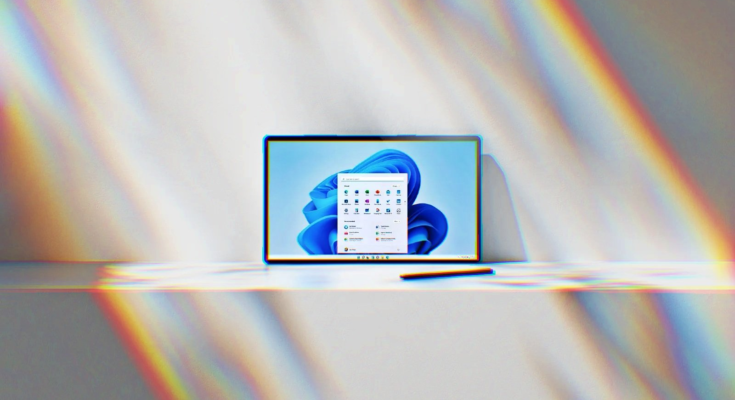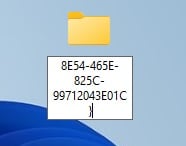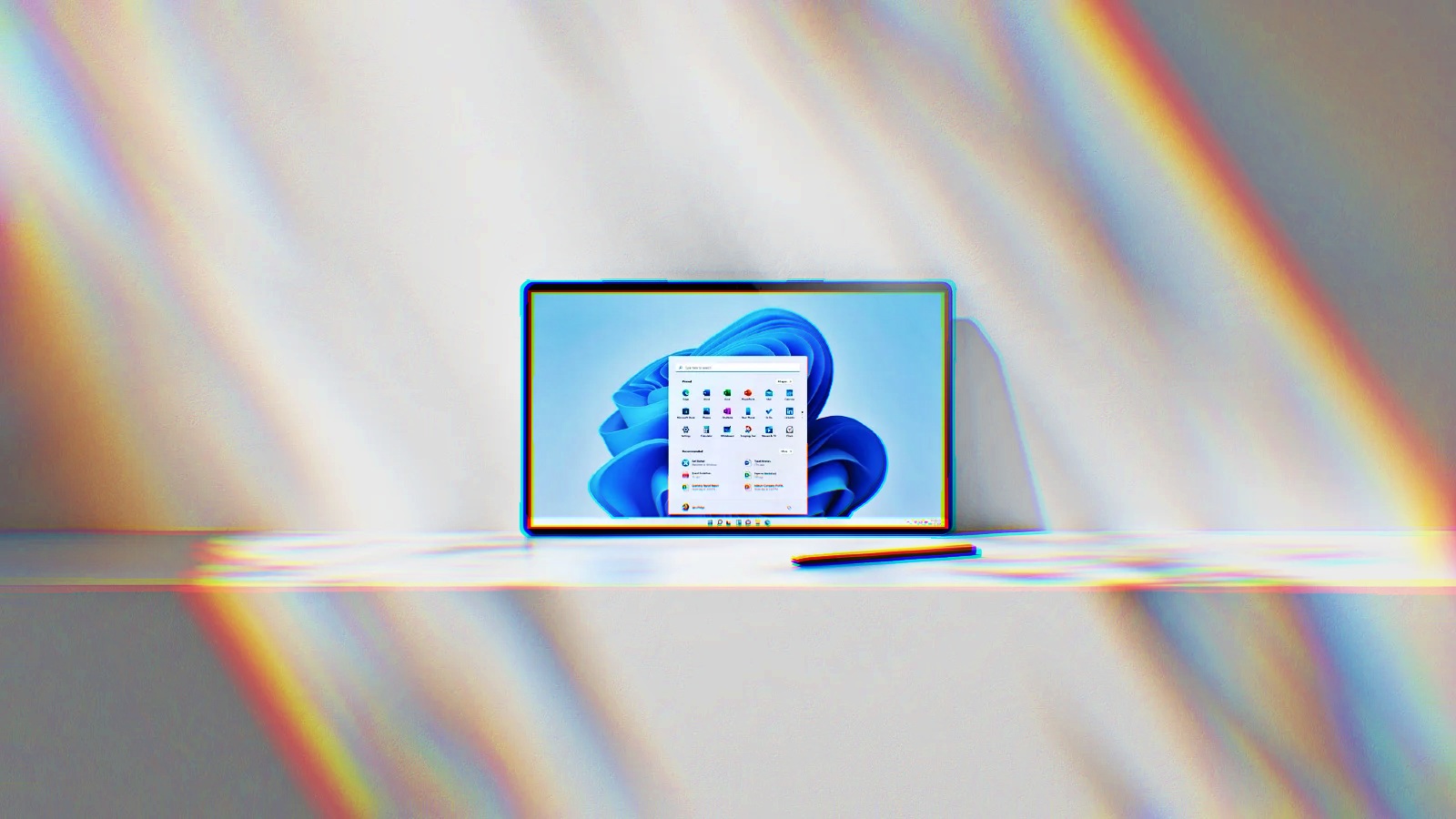
Unlike Windows 10, Windows 11 comes with a new Settings app. It uses a sidebar and breadcrumbs to help users easily navigate between different pages, and it also features new controls for customization, managing network, power usage, disk management, and more.
The settings app has been significantly improved, but several Control Panel features are still missing.
Thankfully, Windows 11 still comes with the Control Panel and File Explorer-based advanced configuration page called “God Mode” that allows you to easily access all advanced tools, features, and tasks.
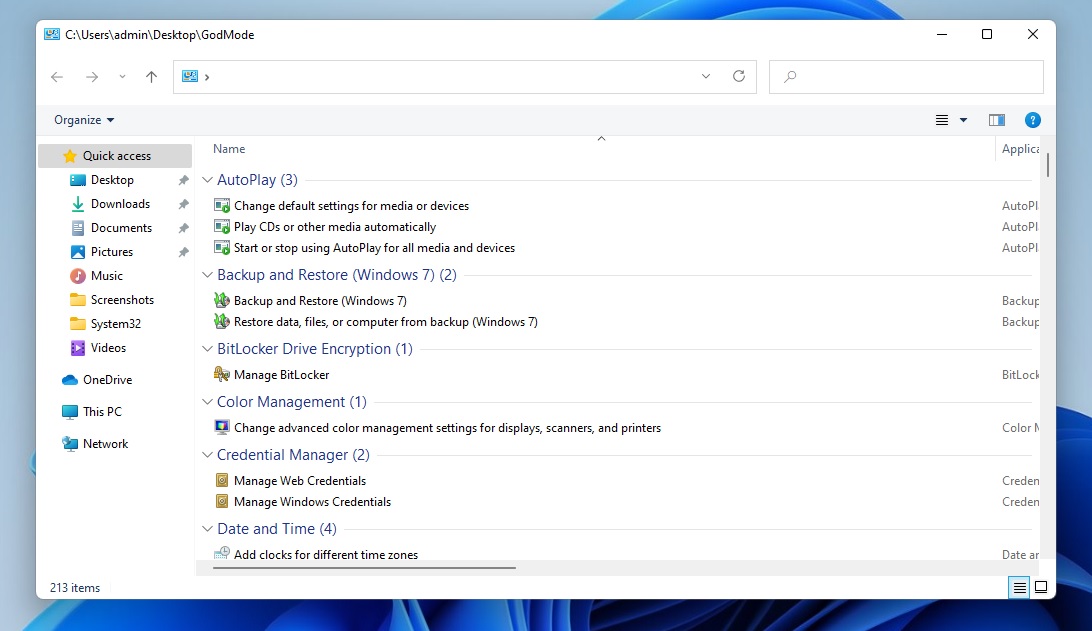
With God mode, you can view and manage advanced management features in one location and it’s better than the modern settings.
Windows 11’s God mode offers support for up to 206 settings and some settings could be missing if they were added in will be missing. For example, a new feature that lets you set Bing wallpapers (spotlight) as desktop background is missing, but you will still find the link to the primary settings ‘Personalization’ in the God mode folder.
Enable God Mode in Windows 11
To access God Mode in Windows 10, create a special shortcut folder, as highlighted in the steps below:
- On the desktop, right-click anywhere.
- Select “New” option and click on “Folder”
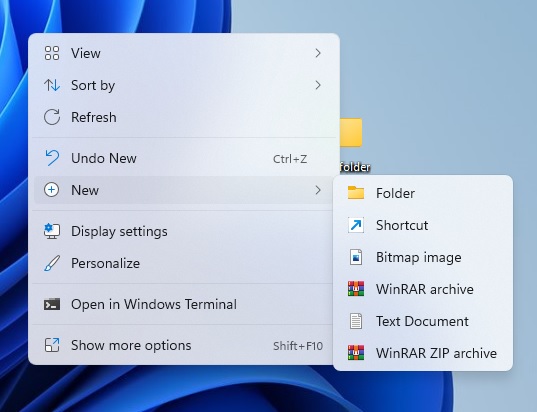
- Right-click the new folder.
- Rename the folder to the following command:
GodMode.{ED7BA470-8E54-465E-825C-99712043E01C}
- Press enter.
You can double-click on this folder to open God Mode.
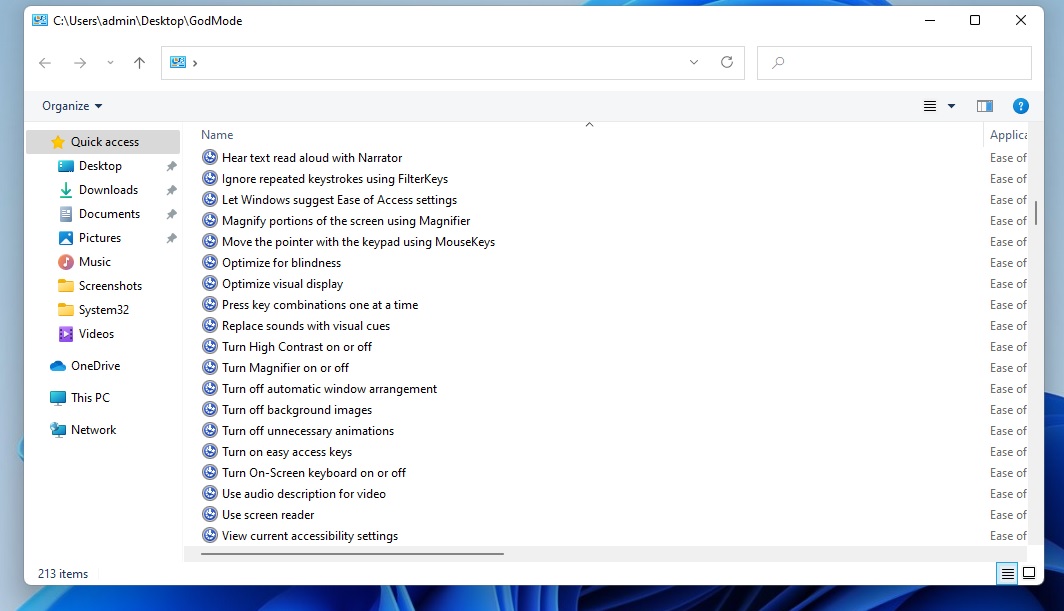
Once done, you will be presented with a page similar to the above screenshot. As you can see, Windows 11’s God mode offers a familiar experience and it also restores the classic view of File Explorer.
Extending Windows God mode capabilities
You can further customize the options with CLSID – a unique identifier to access other settings pages directly from the desktop. As you’re probably aware, God mode settings are assigned to different categories. Using CLSID, you can move those categories into dedicated pages.
For example, you can create a folder with CLSID “{D20EA4E1-3957-11d2-A40B-0C5020524153}” to open Administrative Tools, such as defragmentation tool, disk format options, and more.
You can also try these values:
- Network – {F02C1A0D-BE21-4350-88B0-7367FC96EF3C}
- Bluetooth – {28803F59-3A75-4058-995F-4EE5503B023C}
- Mouse properties – {6C8EEC18-8D75-41B2-A177-8831D59D2D50}
- Personalization – {ED834ED6-4B5A-4bfe-8F11-A626DCB6A921}
- Troubleshooting – {C58C4893-3BE0-4B45-ABB5-A63E4B8C8651}
